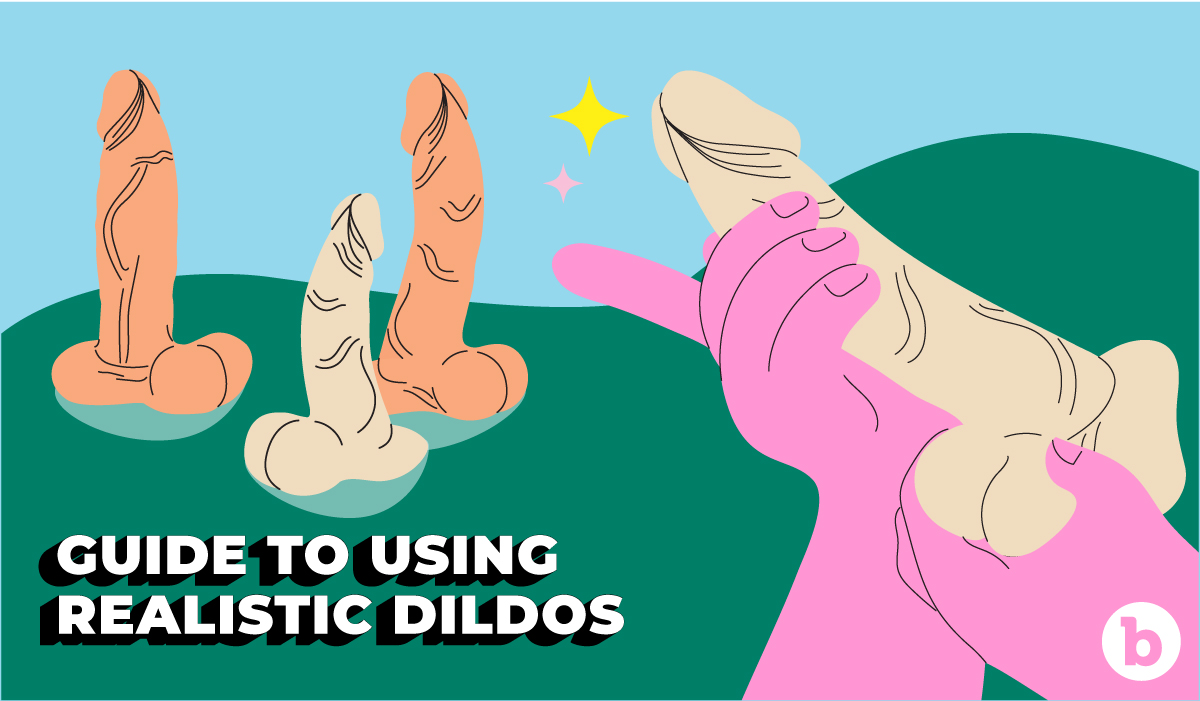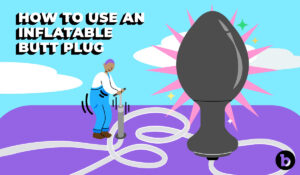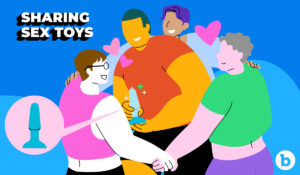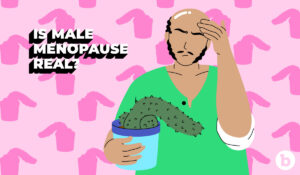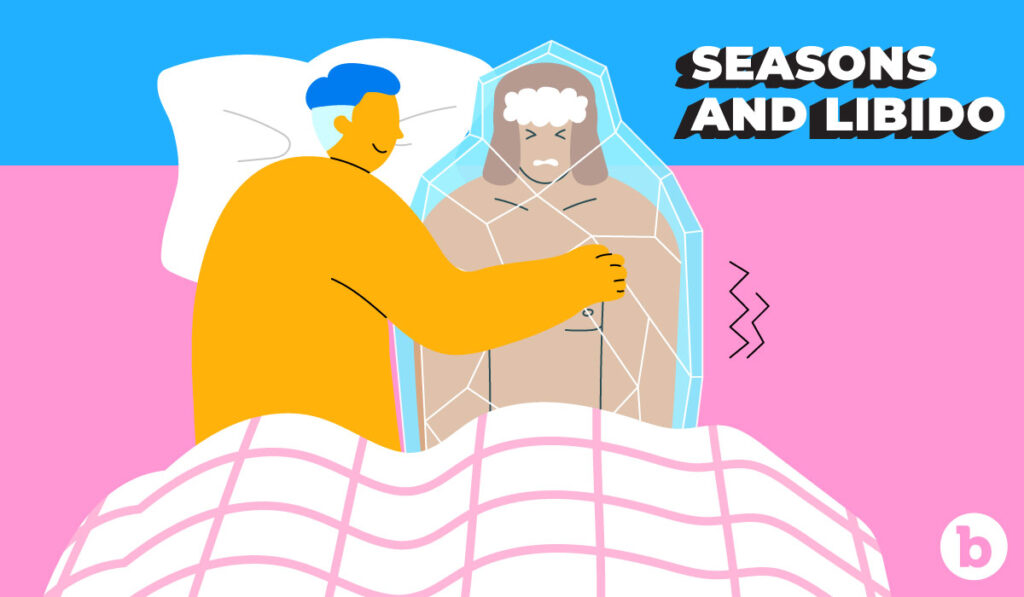
How Seasons Can Ignite or Suppress Your Libido
Why does your libido go down in the winter? What can you do to increase it? If you've ever pondered these questions, this article will help you unlock the secrets to transforming your sex life.
Several factors can impact your libido and sex drive, and the seasons are no exception. Depending on the time of year, you may feel a change in libido and your sex life may undergo different influences. In winter, colder temperatures might dampen your mood, whereas summer typically brings heightened energy and libido. The seasonal transitions, particularly during spring and fall, offer opportunities to invigorate your sex life with a change of scenery.
Let's take a more detailed look at how the seasons affect your libido and sex life.
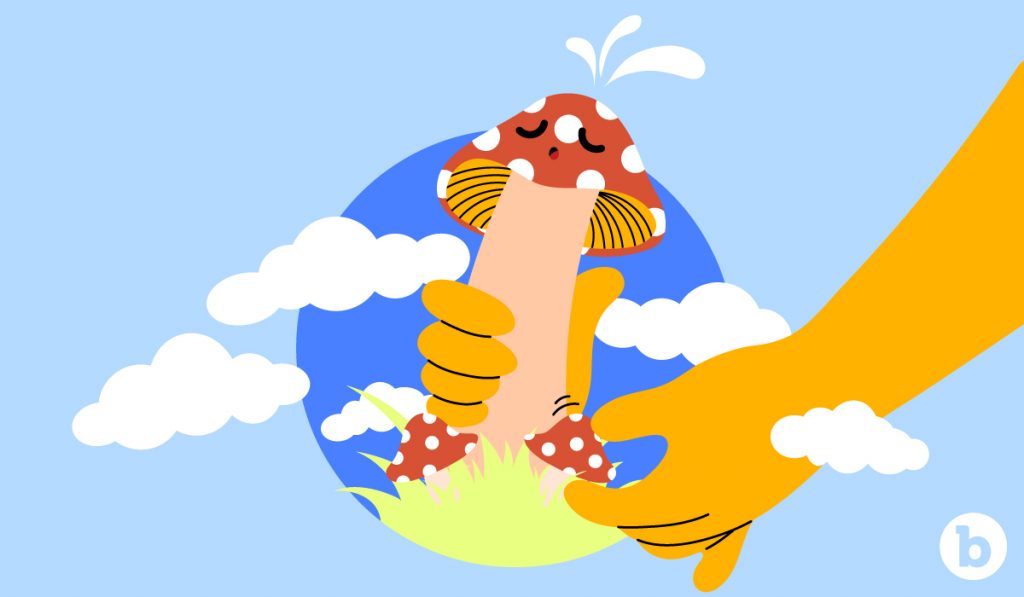
Brr. Baby, it's cold outside.
In wintertime, it's typical for our libidos to experience a slight dip. The chill in the air and dwindling daylight hours often leave us feeling lethargic and less motivated to engage in physical activity. Moreover, the hustle and bustle of the holiday season can add stress, impacting our inclination for intimacy.
Shorter days and longer nights can lead to a drop in serotonin levels, potentially causing mood dips or seasonal affective disorder (SAD), which can negatively affect libido. In addition to this, a decrease in exposure to sunlight during the winter months can trigger hormonal changes and lower production of vitamin D, which may also reduce sex drive.
Nonetheless, winter presents an opportunity to explore new, cozy activities in the bedroom. Some people refer to it as ‘cuffing season’, which means a time of year when singles start looking for someone to cuddle up with and get cozy.
In winter, staying warm indoors can lead couples to explore playful adventures, whether experimenting with a new sex machine or trying intimate techniques like tantric sex or dual masturbation to heat things up.
Amidst the holiday season, stress levels can soar, impacting our desire for intimacy. It's crucial to prioritize relaxation and connection with our partners during these busy months. Embracing slow acts such as the Karezza Method, dual masturbation or tantric sex by the fire can foster deeper intimacy amid the seasonal frenzy.
Although the cold weather and shorter days may limit outdoor activities and intimacy, winter offers ample opportunities to explore new activities indoors. Experiment with new sex positions and foreplay techniques, or introduce one of b-Vibe’s bundles for anal adventures throughout winter and beyond.
Exploring temperature play sex is another way to spice up winter intimacy. Experiment with warming lubricants and stainless steel toys, indulge in a soothing bath or shower together or crank up the heat in the bedroom for added warmth and sensuality.
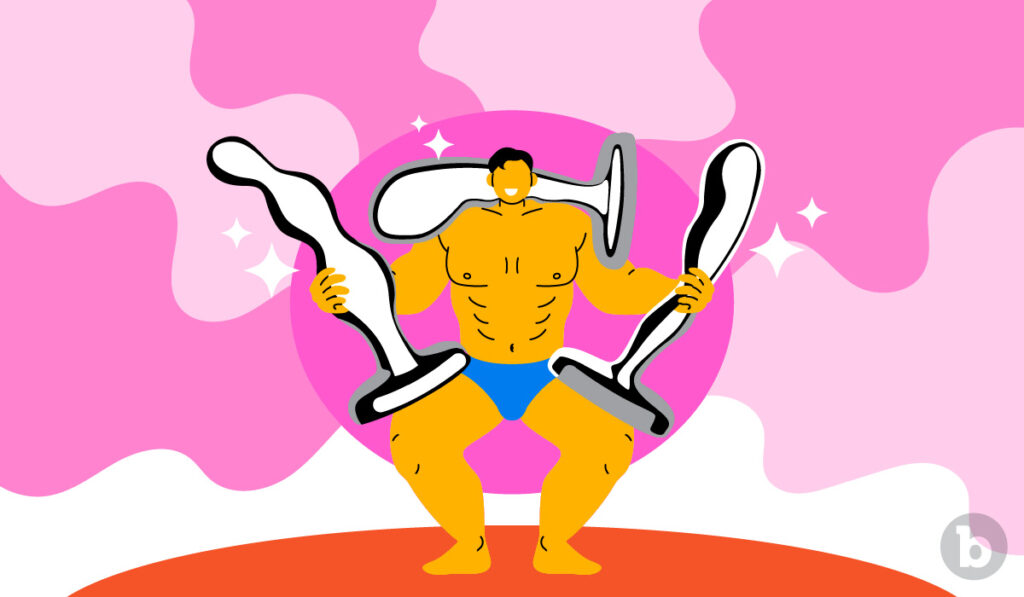
To combat the winter chill and rev up sexual activity, staying physically active is key. Whether hitting the gym together, trying out a new workout routine, or simply going for a brisk walk or hike, getting the blood flowing can enhance arousal.
Spring Awakening
As the chill of winter fades and flowers start to bloom, a sense of rejuvenation awakens us. Spring symbolizes renewal, growth, and fertility. While fertility might not be your focus, this season sparks a feeling of wide-eyed curiosity and playful exploration.
The longer daylight hours can boost mood and energy levels by increasing exposure to sunlight, which in turn raises serotonin levels. Serotonin is associated with feelings of happiness and well-being, potentially enhancing libido.
Warmer weather also invites lighter clothing, which can increase visual stimulation and attract more attention, potentially heightening sexual desire. It’s also a great time to experiment with plugging in public, as looser clothing allows for more room and comfort for plugs.
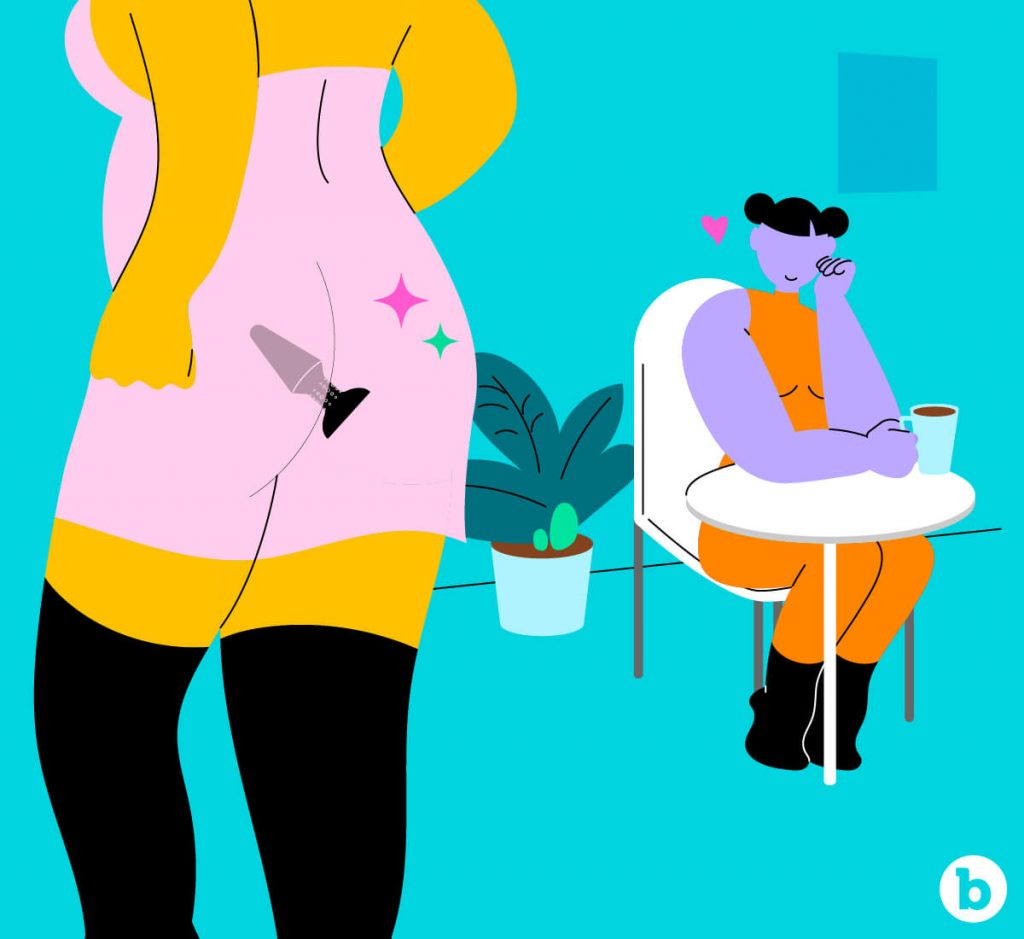
Summer Love
It's undeniable: Summer exudes an irresistible allure of sensuality. While the heat may leave some feeling fatigued with a dwindling libido, for others, it ignites a primal arousal as warmth permeates their bones and the freedom of summer unfurls.
Summer can stir a fiery passion within, compelling you to indulge in new sexual adventures or delve into analingus to minimize sweaty skin contact when the temperature soars. A cherry vanilla-flavored lube is the perfect summery flavor to accompany a sun-drenched salad tossing.
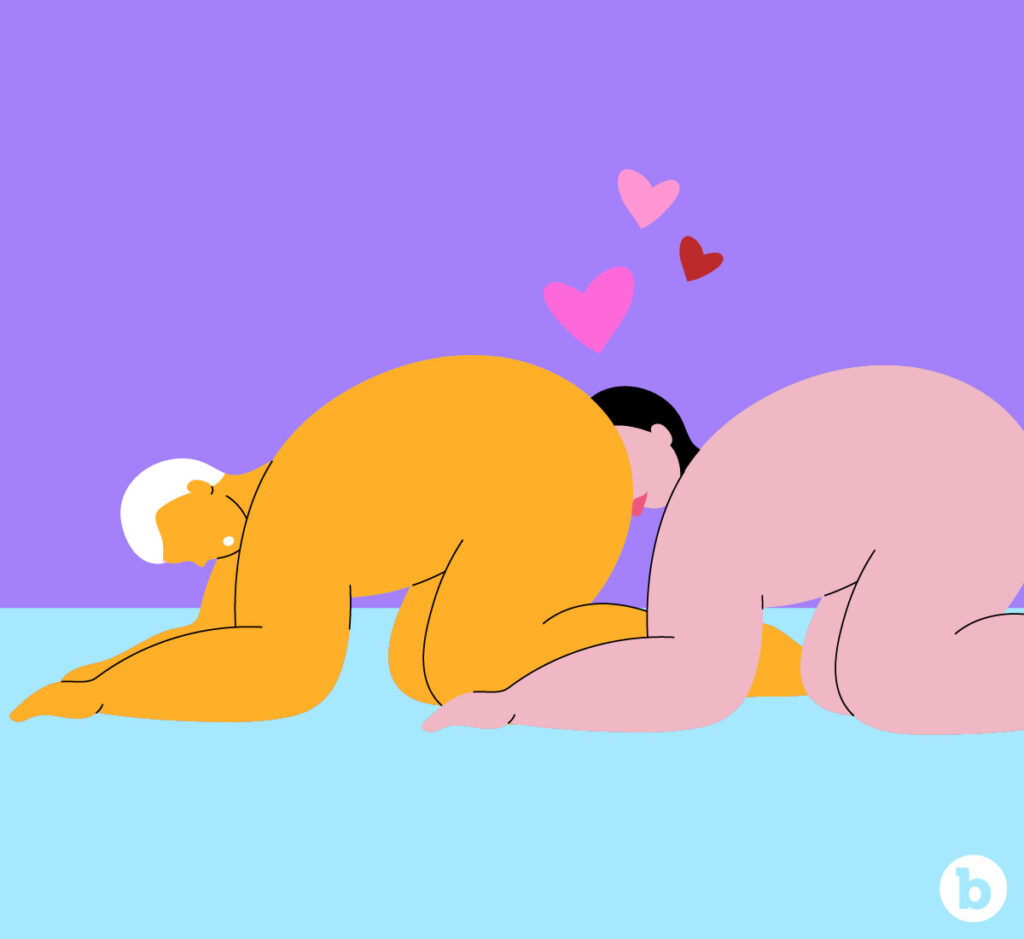
Studies suggest that testosterone levels, which are linked to sex drive, may peak during the summer months. Higher temperatures and more sunlight exposure can also contribute to this hormonal boost. Like Spring, the abundance of daylight in summer also boosts serotonin levels, enhancing mood and energy. And it comes as no surprise that this positive mental state often translates into a higher libido.
Fall
If there's a season that often signals a dip in your sexual desire, it's likely to be fall. As the summer romance fades, you may encounter a loss of libido as you find yourself refocusing on goals, tasks, and family gatherings.
As temperatures drop and daylight decreases, people might begin to feel more subdued. However, the cozy atmosphere of fall can promote intimacy and closeness, potentially increasing interest in cuddling and sexual activity.
Fall also brings a sense of discipline, making it an opportune time to introduce some structure into your sex life. The return to school and work schedules can also create a sense of routine and stability, which might positively impact relationships and sexual health by reducing stress levels.
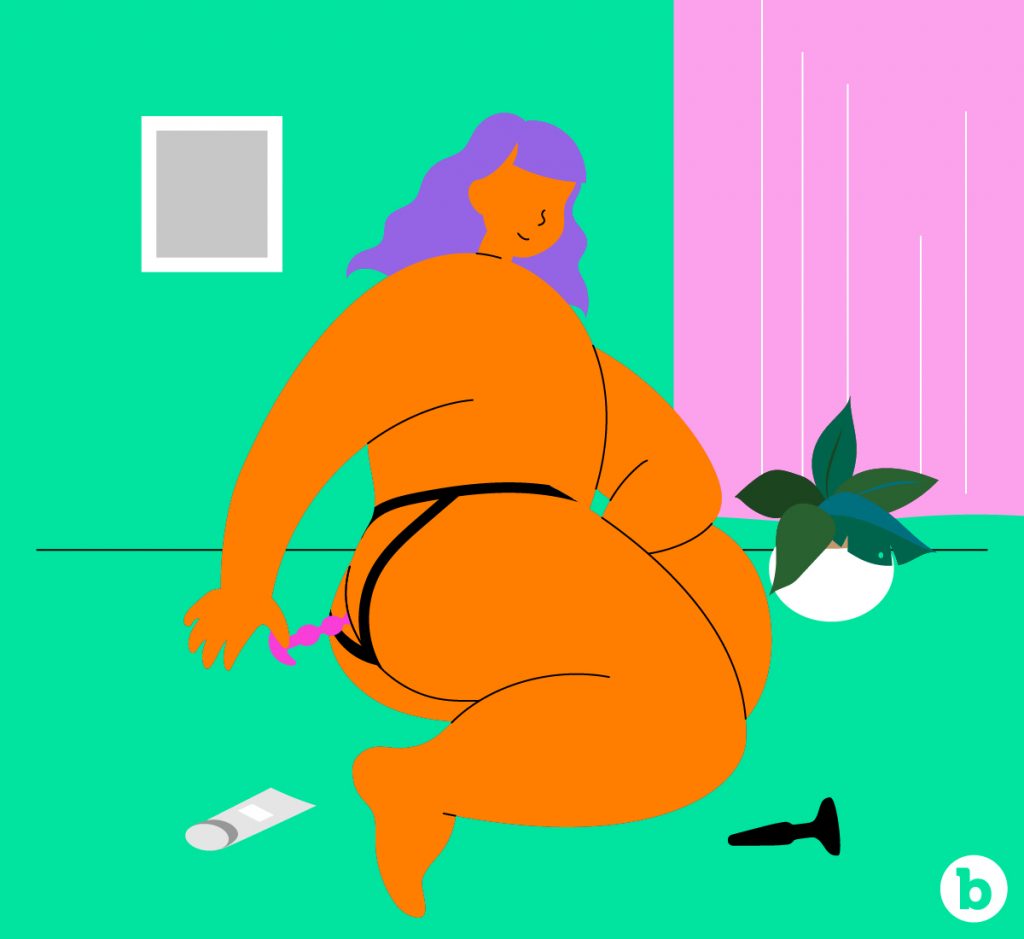
Regular self-pleasure can inject some excitement into the autumn monotony, breaking free from the mundane autumn mindset, reducing stress levels, enhancing body confidence, and promoting better sleep. Powerful vibrations from a wand sex toy or a hybrid sex toy like a vibrating butt plug with cock ring could be just the ticket for that added oomph to your sessions.
General Factors
In addition to direct changes brought on by the seasons, there are more general factors that can also affect your sex drive and libido, spanning physical, psychological, and lifestyle.
Physical factors can be affected by medication such as antidepressants, antihypertensives, and contraceptives, some of which are known to decrease libido. Medical conditions, pregnancy, postpartum depression, and menopause can also have a profound effect on one’s sex drive, energy levels, and body image.
Mental health, self-esteem, body image, past trauma, and the state of one’s relationship can all greatly influence sexual desire too, along with lifestyle factors such as stress levels, diet, alcohol, and drugs.
Understanding these factors can help in identifying the underlying causes of changes in sex drive and addressing them appropriately, whether through lifestyle adjustments, medical intervention, or counseling.
Overall, individual experiences with seasonal changes in libido can vary widely based on personal, psychological, and environmental factors. Understanding these influences can help in managing and optimizing sexual health throughout the year.
